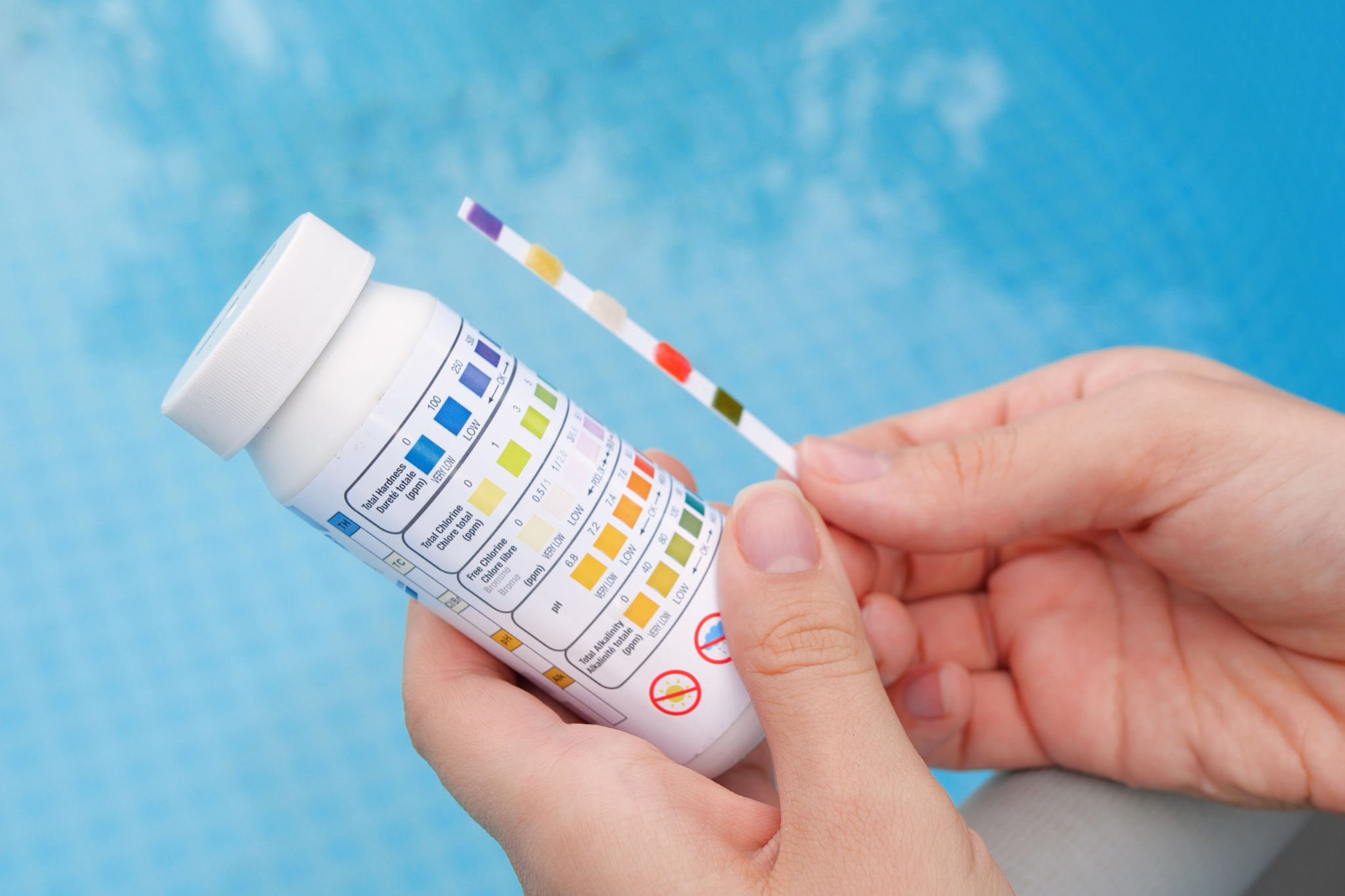DIY Pool Maintenance: What You Can Do and When to Call the Pros
TS
Understanding Pool Maintenance Basics
Owning a pool can be a joy during the hot summer months, but it also comes with the responsibility of maintenance. Basic pool upkeep is essential to ensure a safe and clean swimming environment. Understanding the key components of pool maintenance can save you time and money in the long run. With a little effort, you can handle much of the maintenance yourself, but it's important to know when to call in the professionals.

Regular Cleaning Tasks
One of the most crucial aspects of DIY pool maintenance is regular cleaning. This includes skimming debris from the water surface, brushing the walls and floor of the pool, and vacuuming any dirt or algae that might have settled on the bottom. Keeping your pool clean not only enhances its appearance but also prevents more serious problems down the line.
- Skimming: Use a long-handled net to remove leaves, insects, and other debris daily.
- Brushing: Brush the walls and floor weekly to prevent algae buildup.
- Vacuuming: Vacuum the pool weekly to keep dirt from settling.
Water Chemistry Management
Maintaining proper water chemistry is vital for a safe swimming experience. Test your pool water at least once a week to monitor pH levels, alkalinity, and chlorine concentration. Use a reliable testing kit to ensure your readings are accurate. Adjust the chemical levels as needed to maintain balance, which helps prevent algae growth and skin irritation.
pH Levels: Keep pH between 7.2 and 7.8 to prevent eye irritation and equipment damage.

When to Shock Your Pool
Shocking your pool means adding a large amount of chlorine to sanitize it. This process is necessary after heavy use or when you notice cloudy water or algae blooms. Regular shocking can prevent bacteria from developing resistance to routine chlorination. It’s typically recommended to shock your pool every two weeks during the swimming season.
Equipment Checks and Maintenance
Your pool's filtration system plays a critical role in keeping the water clean. Regularly inspect and maintain your pump, filter, and heater to ensure they are functioning correctly. Clean or replace filters as needed and check for any signs of wear and tear. If you notice any issues with your equipment, such as unusual noises or leaks, it may be time to call a professional.

Knowing When to Call the Professionals
While DIY pool maintenance can handle day-to-day tasks, certain situations require professional expertise. If you're dealing with persistent algae problems, significant equipment malfunctions, or structural issues like cracks in the pool lining, it's best to consult with a pool service professional. They have the tools and knowledge necessary to address complex problems efficiently.
Seasonal Maintenance
As seasons change, so do your pool's maintenance needs. Preparing your pool for winter involves tasks like lowering the water level, adding winterizing chemicals, and covering the pool securely. Similarly, reopening your pool in spring requires careful cleaning and chemical balancing. A professional service can ensure these seasonal transitions go smoothly.
By understanding what you can manage on your own and when it’s time to seek professional help, you can keep your pool in excellent condition year-round. Regular upkeep not only prolongs the life of your pool but also enhances your enjoyment of it.